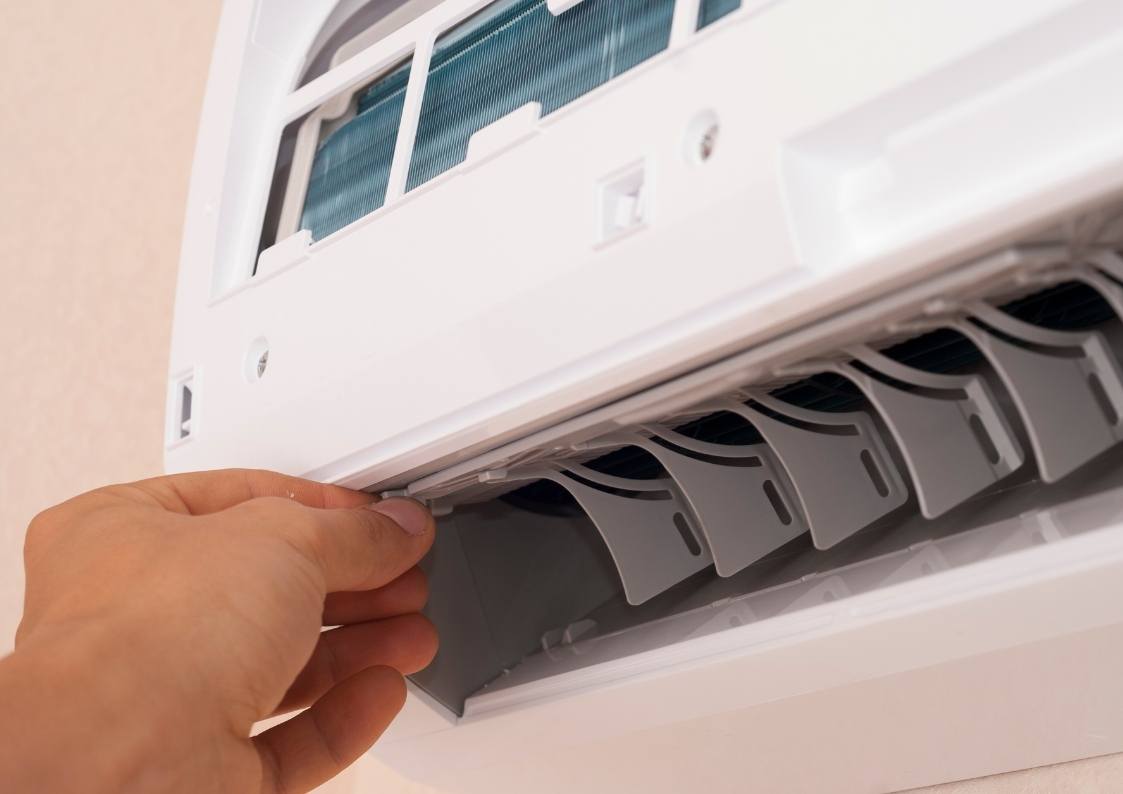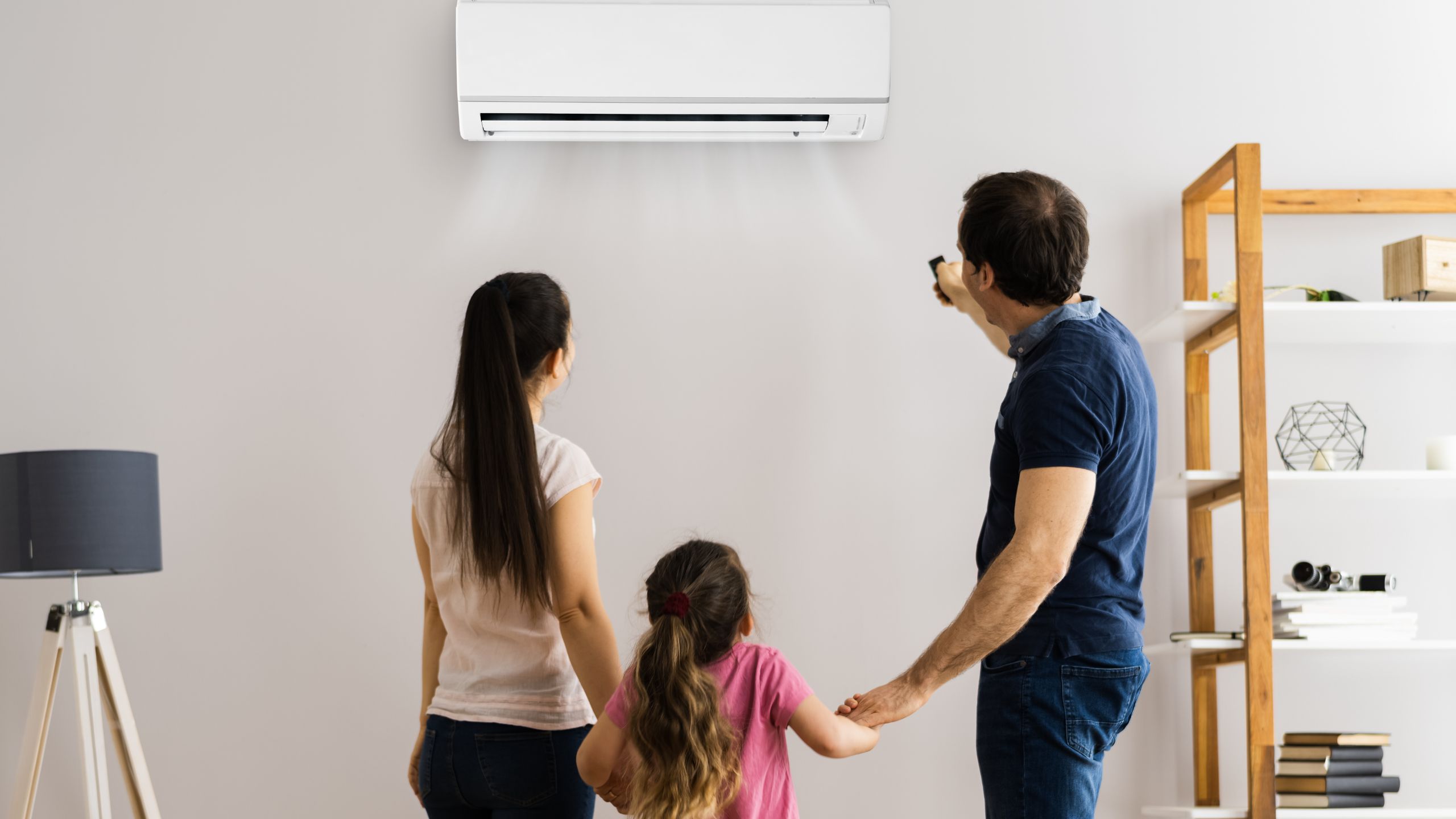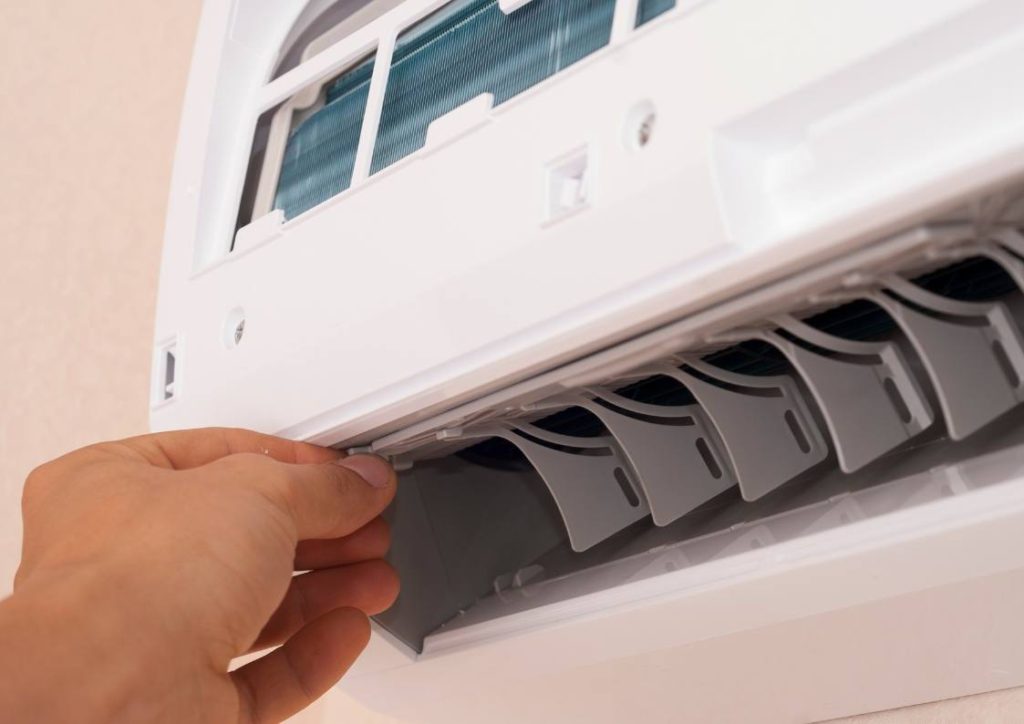Expert Insights from Direct Point Heating & Cooling – Melbourne
Your air conditioning system may appear to be functioning well, but if the filters haven’t been cleaned recently, you could be unknowingly sacrificing up to 30% of your system’s cooling efficiency. This significant drop in performance can severely impact your comfort during the sweltering Australian summer months, leading to an uncomfortable living environment.
Dirty filters are a primary contributor to diminished airflow, skyrocketing energy costs, and compromised indoor air quality. Although cleaning filters might seem simple, there is a correct process to ensure optimal results.
This detailed guide will provide you with step-by-step instructions for effectively cleaning your filters, underscore the importance of regular maintenance, and highlight the key indicators that suggest when it’s time to bring in a professional for a thorough system cleaning.

Understanding the Importance of Regularly Cleaning Your Air Conditioner Filters
The filters in your air conditioning unit play a crucial role in trapping dust, allergens, and various particles that could contaminate the air you breathe. Over time, however, these filters can become clogged, which increases pressure on your system, restricts airflow, and may even lead to mould growth within the unit itself.
Regular filter cleaning is vital for:
- Enhancing the overall efficiency of your system
- Lowering energy consumption and costs
- Extending the lifespan of your air conditioning unit
- Improving the indoor air quality for your home
If this critical maintenance task is neglected, it can result in increased operating expenses, more frequent breakdowns, and air quality that poses health risks to your family members.
Comprehensive Guide: How to Effectively Clean Your Air Conditioner Filter
Step 1: Ensure Your Air Conditioner is Turned Off and Disconnected
Before initiating the cleaning process, it’s essential to confirm that the power is completely turned off. For wall-mounted split systems, turn off the power at the wall and unplug the unit. If your system is hardwired, turn off the dedicated circuit at your switchboard to ensure safety during the cleaning process.
Step 2: Carefully Extract the Filter from the Unit
Gently open the front panel of your indoor unit. Carefully slide the filter out, ensuring you do not bend or damage the mesh. Keep in mind that some units may have clips or latches that must be released before you can remove the filter.
Step 3: Clean the Filter Using a Mild Soap Solution
Prepare a tub or sink filled with lukewarm water and add a small amount of mild detergent. Allow the filter to soak for several minutes, then use a soft brush to gently scrub away any accumulated dust or grime. Avoid harsh chemicals or vigorous scrubbing, as these can damage your filter.
Step 4: Ensure the Filter is Completely Dried Before Reinstallation
Shake off any excess water and place the filter in a well-ventilated area to air dry, avoiding direct sunlight. It’s crucial not to reinstall a damp filter, as moisture can foster the growth of mould and bacteria within your air conditioning system.
Step 5: Reinsert the Filter and Evaluate the System’s Performance
After the filter has thoroughly dried, slide it back into its designated position, close the panel, and turn your system back on. Once powered up, check that the airflow feels robust and consistent, indicating that your cleaning efforts were successful.
Assessing the Need for Professional Air Conditioner Cleaning
While regular filter cleaning is essential, it only addresses superficial concerns. Your air conditioning unit requires professional servicing to effectively eliminate:
- Accumulated dust and mould within the fan and coils
- Obstructions in drain trays and other internal components
- Efficiency losses due to dirty or malfunctioning parts
At Direct Point Heating & Cooling, we provide comprehensive system cleaning and servicing that exceeds basic maintenance. Our skilled technicians service both indoor and outdoor units, ensuring that every component of your system operates at peak efficiency.
Recommended Cleaning Frequency for Optimal Air Conditioner Performance
We generally recommend the following cleaning schedule:
- For standard household use: Every 2–3 months
- For homes with allergies or pets: Monthly
- For commercial spaces or high-usage systems: Monthly or even more frequently
In addition, we advise scheduling professional servicing at least once a year to ensure your system operates efficiently and to mitigate the risk of costly breakdowns.

The Benefits of Choosing Professional Air Conditioner Cleaning Services
A complete air conditioning service encompasses:
- Thorough cleaning of all filters, fans, coils, and drain trays
- Assessment of refrigerant levels and overall system performance
- Inspection and cleaning of the outdoor compressor unit
- Early detection of any signs of wear or potential failures
Many homeowners focus solely on filter cleaning; however, the real performance issues often lie deeper within the system. That’s where our expertise becomes invaluable.
Schedule Your Comprehensive Air Conditioner Cleaning with Direct Point Today
While cleaning your filters is an excellent first step, for long-term efficiency, energy savings, and peace of mind, regular professional maintenance is crucial.
We proudly service all major cooling systems throughout Melbourne, including:
- Wall-mounted split systems
- Multi-head units
- Ducted refrigerated systems
- Evaporative cooling systems
Contact Direct Point Heating & Cooling at 1300 170 961 or email us at info@directpointheatingandcooling.com.au to arrange your service today.
The Article: Air Conditioner Filters: Why Cleaning Them is Essential first appeared on https://writebuff.com
The Article Air Conditioner Filters: The Importance of Regular Cleaning Was Found On https://limitsofstrategy.com


